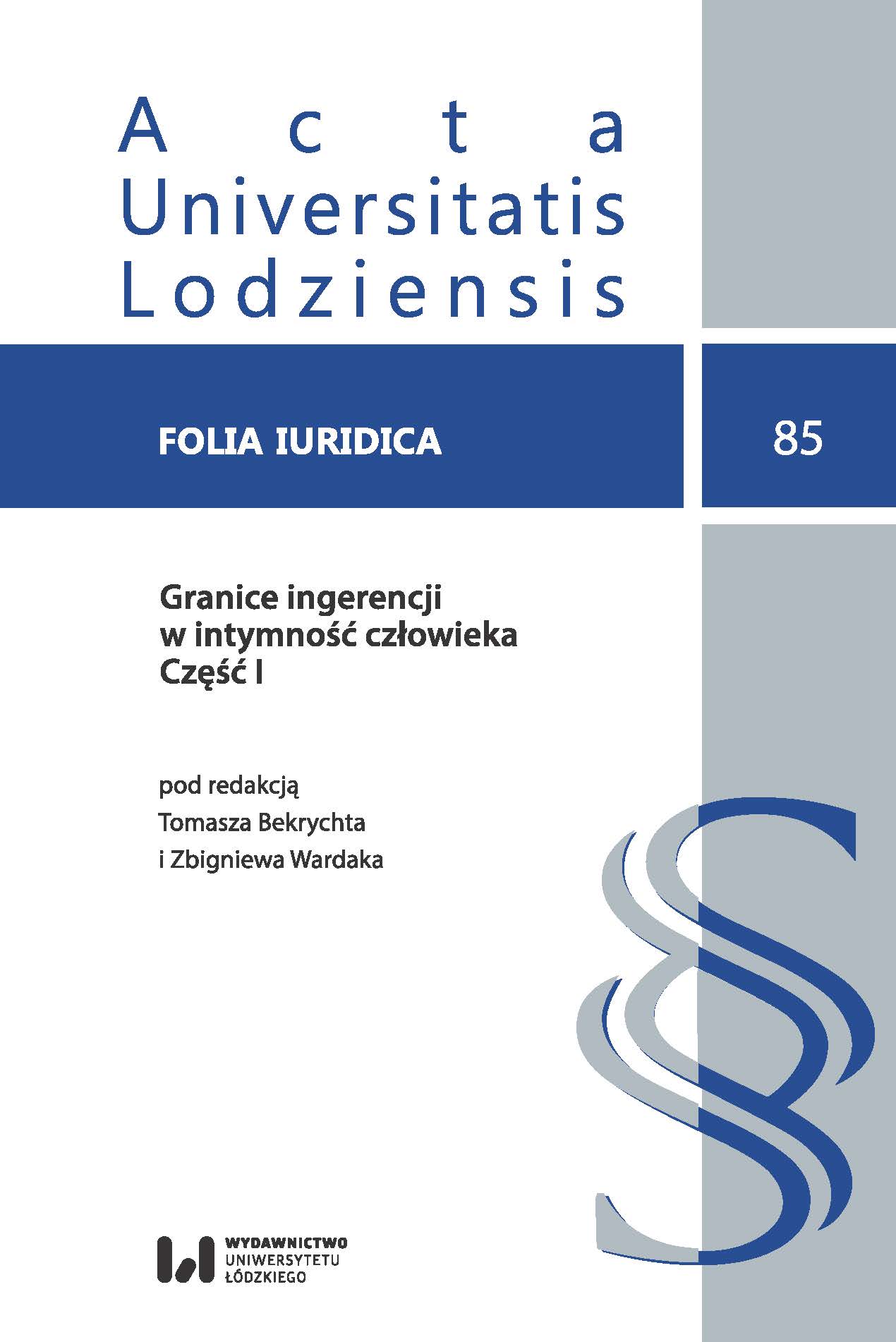Discussion about the Legal Identity of Central and Eastern Europe. 3rd Annual CEENELS Conference “Legal Identities and Legal Traditions in CEE”
Discussion about the Legal Identity of Central and Eastern Europe. 3rd Annual CEENELS Conference “Legal Identities and Legal Traditions in CEE”
Author(s): Piotr SzymaniecSubject(s): Law, Constitution, Jurisprudence, Criminal Law, Civil Law
Published by: Wydawnictwo Uniwersytetu Łódzkiego
Keywords: CEENELS; legal identity; legal culture; Central and Eastern Europe; legal theory; CEENELS; tożsamość prawna; kultura prawna; Europa Środkowa i Wschodnia; teoria prawa
Summary/Abstract: The paper describes the discussions during the 3rd Annual CEENELS Conference “Legal Identities and Legal Traditions in CEE”, which took place on January 11–13, 2018 at the University of Latvia in Riga. The main issue debated at the conference concerned the question whether the countries of Central and Eastern Europe have their own legal identity and whether there is a common legal identity of the entire region. The author is in favor of Mikhail Antonov’s view that labeling the Soviet legal theory and legal culture as characterized by rigid positivism or even by “hyperpositivism” is an oversimplification. Moreover, Antonov is right when emphasizing that there was no common “socialist legal culture” and this culture differed a bit from country to country. // Artykuł opisuje dyskusje toczące się podczas III konferencji CEENELS zatytułowanej: „Legal Identities and Legal Traditions in CEE”. Odbyła się ona w dniach 11–13 stycznia 2018 r. na Uniwersytecie Łotwy w Rydze. Główne zagadnienie, które było przedmiotem debat, dotyczyło tego, czy można w ogóle mówić o tożsamości prawnej Europy Środkowej i Wschodniej i czy ewentualnie istnieje jedna, wspólna tożsamość prawna regionu. Autor uważa za trafny pogląd Michaiła Antonowa, że określanie sowieckiej teorii prawa i kultury prawnej jako charakteryzującej się twardym pozytywizmem czy nawet „hiperpozytywizmem” jest uproszczeniem. Ponadto Michaił Antonow słusznie twierdzi, że nie było jednej „socjalistycznej kultury prawnej”, a kultura ta różniła się nieco w poszczególnych państwach dawnego bloku radzieckiego.
Journal: Acta Universitatis Lodziensis. Folia Iuridica
- Issue Year: 2018
- Issue No: 85
- Page Range: 139-153
- Page Count: 15
- Language: English

